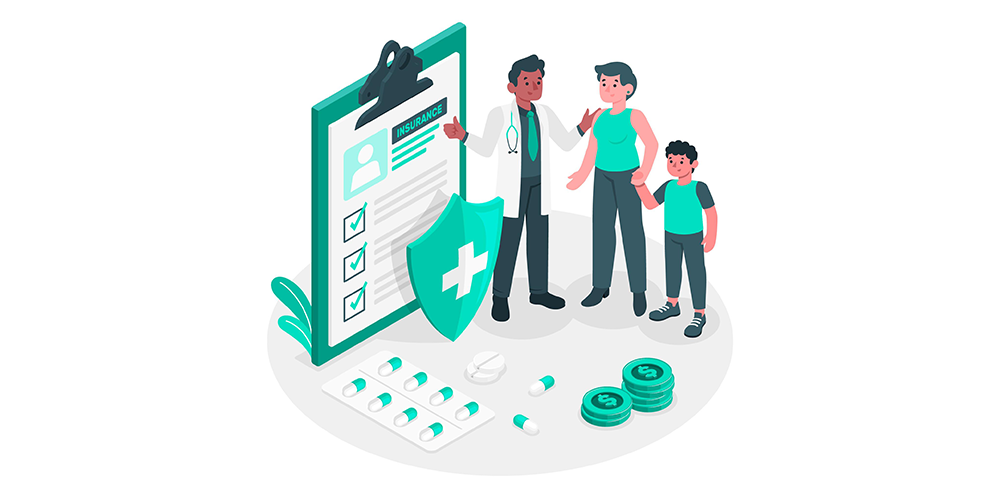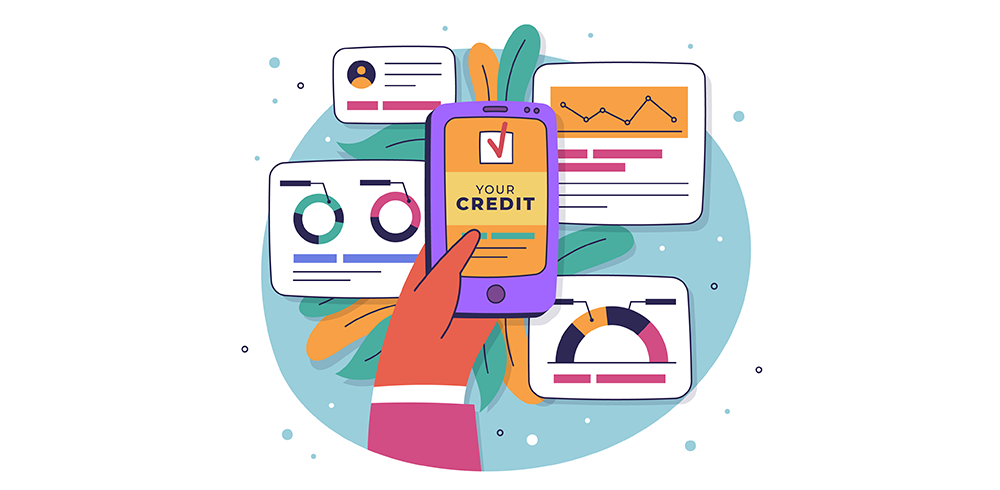If you’re reading this, then you probably know that having a good credit score is important. It can be the difference between getting an affordable mortgage or being denied by lenders. A high credit score can also help you apply for instant loans, car loans, insurance policies, and even apartments or utilities. The thing is, most people aren’t aware of how their actions impact their credit score and how that could affect them in the future.
There are several different types of credit that you can have and each type has a different impact on your credit score. Knowing the difference between these types of credit and how they impact your personal loan eligibilitywill help you understand your financial situation and make informed decisions about what loans you should take out and when.
Let’s explore the differences between the three types of credit as well as how they affect your personal credit score.
What is a Credit Score?
A credit score is a number used by lenders to estimate your risk of being unable to pay back debts as they fall due. Lenders use credit scores to help them decide whether or not they’d like to grant you a loan. The three major credit reporting agencies keep track of your financial information. They gather this data to give you a credit score. Many factors go into calculating a credit score.
How are Credit Scores Calculated?
Your credit score is a number generated by a complex mathematical formula. There are five major factors used to make up your credit score:
- The amount you owe: Your credit utilization ratio, or how much you’re currently owed compared to how much you have in your credit account.
- Your payment history: Your credit history. This includes information like the length of time you’ve paid your bills on time and the amount you’ve paid.
- How long it takes you to pay your bills: The length of time between when you make your payment and when it’s due.
- How much credit you have: The amount of credit you have available to use.
- Your creditworthiness: Your likelihood of repaying debts.
Different Types of Credit and Their Impact on Your Credit Score
Instalment Credit
Instalment credit is a loan that you take out for a specific amount of time, at a specific interest rate, and repay over a set period. Instalment loans can be car loans, home loans, or instant loans. The personal loan eligibility and terms of the loan are decided by the lender and these can vary widely between lenders. The amount you initially borrow and the length of time you repay the loan generally determine how much your credit score will be impacted.
Revolving Credit
Revolving credit is a form of credit where you can repeatedly borrow up to a certain limit. These can be secured loans such as Home Equity lines of credit or unsecured loans such as credit cards or instant Pre-Approved CASHe Limits. Unsecured loans mean that you don’t have collateral that can be seized by a lender if you don’t pay back the loan. Credit card companies and online lenders use your credit score as one factor in deciding whether or not to approve you for a card. You have a certain amount of time to pay off your card or Pre-Approved CASHe Limit and the amount you owe has a direct impact on your credit score. If you make regular payments over a period of time, this improves your credit score.
Open Credit
Open credit is a form of credit where monthly payments vary and balances are payable in full at the end of each billing cycle. An electricity bill is determined by how much electricity you used that month, making it an open credit. After receiving the bill, you have a set amount of days to pay it in full. Numerous utility bills, including those for gas, electric power, water, cable, and cellular service, are regarded as open credit accounts.
Check your personal loan eligibility and apply for an instant loan with CASHe for a hassle-free loan experience!










